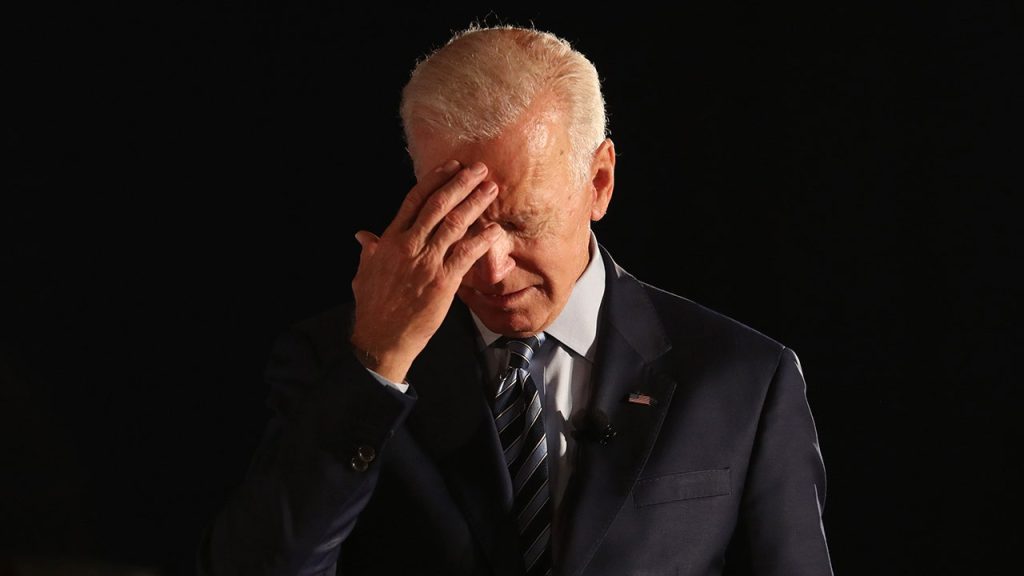Republican Senator Pete Ricketts criticized President Biden for withholding weapons from Israel, claiming it inadvertently “strengthened” the Hamas terror group. Ricketts accused the Biden administration of incompetence and mismanagement, comparing their handling of the conflict with Hamas to the situation in Afghanistan. He also argued that withholding weapons was playing into the hands of terrorists, as Hamas had been negotiating for a ceasefire. Ricketts emphasized Israel’s efforts to avoid civilian casualties in its offensive against Hamas in Rafah, noting that they were being cautious and taking necessary measures.
President Biden’s urging of Israel not to carry out a ground invasion of Gaza’s southern city of Rafah, home to over a million Palestinians, has been met with criticism, including from Republicans on the House Oversight Committee. The Committee is launching an investigation to determine if the president’s decision to withhold offensive aid from Israel violates the law. Committee Chairman James Comer questioned the decision-making process and timing of the announcement, requesting a congressional briefing and related documents by a deadline of May 24. The Committee expressed alarm at the administration’s willingness to politicize U.S. taxpayer-funded assistance to Israel.
Former President Trump and his supporters have accused President Biden of engaging in a quid pro quo with Israel, conditioning or withholding aid in exchange for changes in foreign policy. The accusation draws parallels to Trump’s impeachment for threatening to withhold money from Ukraine, although the funding was ultimately not withheld. The debate over U.S. aid to Israel highlights ongoing tensions between the two parties on foreign policy matters and the implications of such decisions on international relations. The controversy has sparked a wider conversation about the role of the U.S. in supporting its allies and the potential consequences of altering aid agreements.
Senator Ricketts criticized Secretary of State Antony Blinken for seeking a “better way” to protect civilians in the conflict with Hamas, likening it to the situation in Afghanistan. He questioned the administration’s credibility and competence in handling the situation, claiming that they were mismanaging it. Ricketts argued that Biden’s actions were counterproductive to the goals of achieving a ceasefire and peace in the region, as they were inadvertently empowering terrorist groups like Hamas. The senator’s comments reflect broader concerns within the Republican Party about the Biden administration’s foreign policy decisions and their potential impact on U.S. allies.
The decision to withhold weapons from Israel has also drawn criticism for potentially undermining the country’s ability to defend itself against Hamas aggression. The House Oversight Committee’s investigation into the matter reflects bipartisan concerns about the administration’s handling of the conflict and its impact on U.S.-Israel relations. President Biden’s approach to the situation in Gaza has raised questions about the administration’s commitment to supporting Israel and maintaining a strong alliance in the region. The ongoing debate over U.S. aid to Israel underscores the complex challenges of navigating foreign policy in a volatile and contentious region.
Overall, the controversy surrounding President Biden’s decision to withhold weapons from Israel highlights broader concerns about U.S. foreign policy in the Middle East and the implications of such decisions on regional stability. The debate over aid to Israel reflects ongoing tensions within the Republican Party and between the U.S. and its allies in the region. The Biden administration’s handling of the conflict with Hamas has sparked criticism and calls for transparency and accountability in decision-making processes. The outcome of the House Oversight Committee’s investigation and the broader implications for U.S. foreign policy remain uncertain as the conflict in Gaza continues to unfold.













